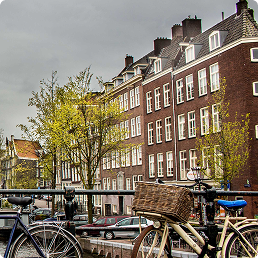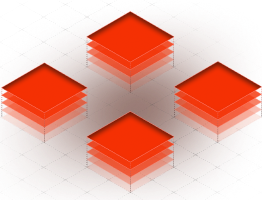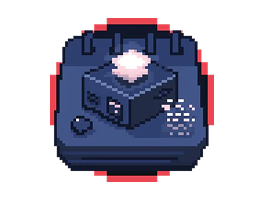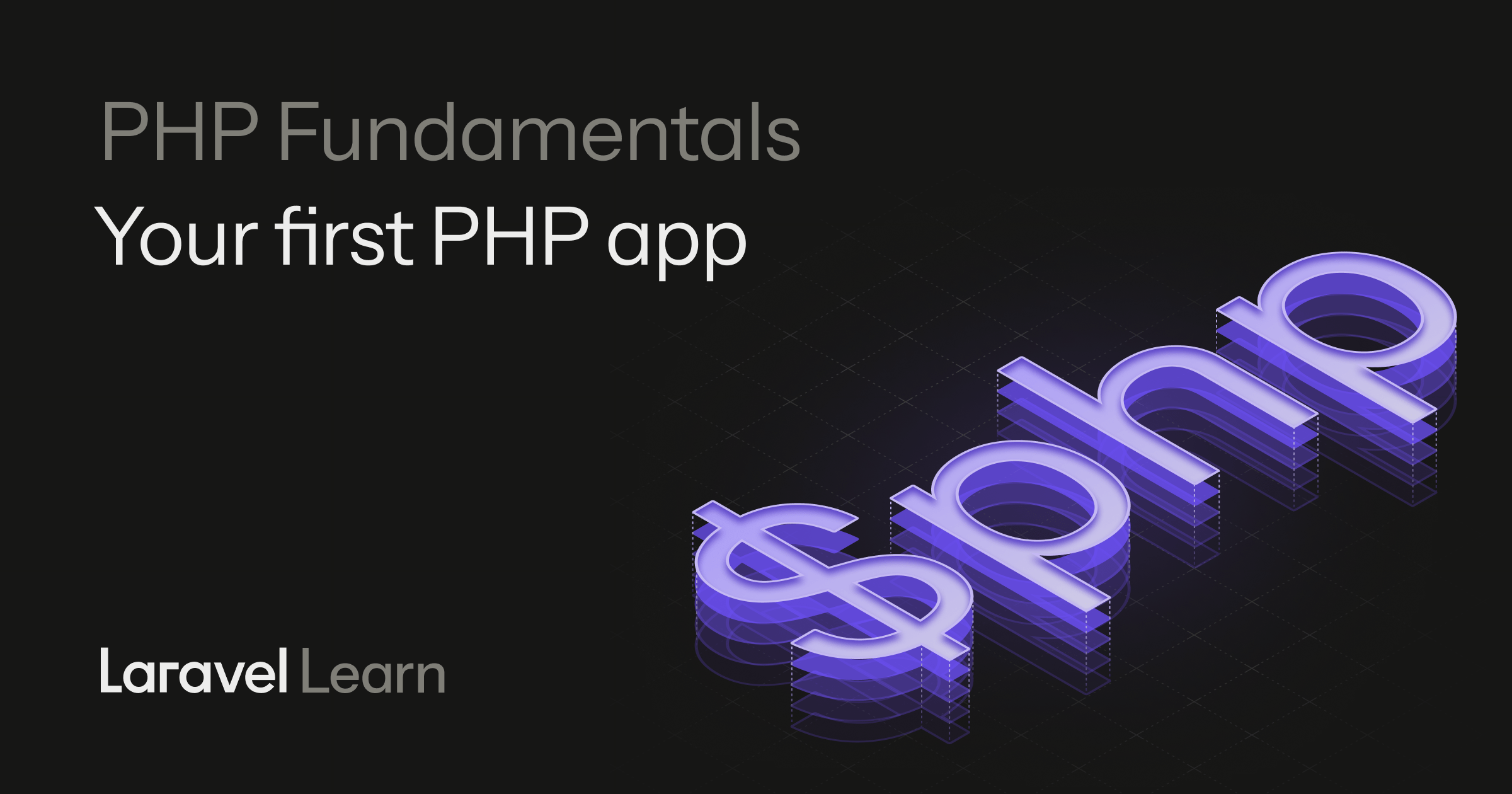00:00
Composer is PHP's package manager and an essential tool for modern development.
00:04
It helps you to manage your project's dependencies, it helps you with
00:08
autoloading your classes and almost every modern project uses Composer.
00:13
By the way, Level itself is installed via Composer and popular packages like
00:18
Gazelle, Carbon or PHPUnit are all distributed through Composer. You can find these
00:24
packages and many more on packages.org. So this is PHP's main package repository
00:31
with over 300,000 packages for you available and yeah think of it as NPM
00:37
for PHP. So whatever you need you're going to find it here as a dependency
00:42
for your project. In order to find out if you have Composer installed you can just
00:47
run Composer version but if you have used the methods which were shown you to
00:52
install PHP and Composer you should have it already on your machine.
00:56
I'm here in a brand new directory called Composer project so this will be our
01:01
example project for this video and we can start creating a new Composer
01:05
project with Composer in it. This will ask us a few questions and in the end
01:11
it will create a Composer.json file which holds all the information we
01:16
need in order for our application. So we have here a package name which consists
01:22
of the vendor normally that's just the name of the company and then the name
01:27
of the project. So in this case I can leave it with the default value which I
01:32
can just accept by click enter. The description, our new project and then the
01:41
author which is just me. Stability version we don't care. There are different
01:45
types of projects so there's a library which is something that you would
01:48
install into your project but in our case it's a project which we're
01:52
creating here so let's just stick with project which is the default one. You can
01:56
also define the license and yeah much more. So what we also can do is we can
02:01
define our dependencies and yeah let's just do this here for this demo
02:06
application. So what do we need as a dependency? One thing that many packages
02:11
need is the Gazelle HTTP client which helps you a lot to create HTTP calls to
02:17
specific services or talk to APIs. We have this at number zero so let's bring
02:23
this in. Yeah let's just use the latest version here and we are good for this
02:28
now and now we're going to get asked about our dev dependency. So these are
02:32
dependencies which we only need locally. So this means if we deploy our
02:36
application we don't need those dependencies there. So let's also add one
02:41
for this as well and the very common one is PHP unit which we use in PHP for
02:46
testing. Again we're just using here the latest version and I think we are good
02:51
to go. Compose unit also helps us to set up
02:55
auto loading which is something which is very important when working with PHP
02:58
classes and namespaces. We haven't talked about namespaces but we're going to do
03:03
that in the next video where we're going to create a real little project
03:07
together and this is now what our Compose and JSON field looks like but
03:11
we're going to take a look at this directly in an editor in a bit so let's
03:16
install our dependencies as well. Here we go and now we have our project open
03:22
up in PHPStorm which is a very famous editor for PHP. Of course there are a lot
03:26
of other editors and IDEs you can use. We will also link to a PHPStorm version
03:32
which is for you free to use but there's also VS Code and other ones out there
03:36
which are also free so just pick the one that you like the most. So now let's take
03:41
a look at what we created here. So this is directory of our project so what we
03:45
have here is the Composer JSON file and this is what we basically have set up
03:49
with Composer in it in our terminal and there again we have a name of the
03:54
project, description, our required dependencies, Guzzle in this case and for
03:59
our development PHP unit and we have also set up auto loading. So auto loading
04:04
again is something that's very important in PHP so that all the specific classes
04:09
which are sorted in different directories are auto loaded in the
04:13
correct way and Composer helps us really a lot. This was really a pain
04:17
before Composer but yeah it's way better now and it just tells that we have now a
04:22
new namespace for the source directory and this is basically inside here where
04:27
you would provide all your PHP files which you need for this application and
04:31
then again we have some more information about this project like the authors and
04:36
yeah that's basically it. As a good comparison let's also take a look at the
04:40
Lerva project. So I'm here inside a new Lerva project and as you can see there
04:45
is a lot going on and you're going to learn about all of that in our other
04:48
course about Lerva but yeah I want to go down and just show you that basically
04:53
this whole Lerva application is also just a Composer project here with a
04:57
Composer.json file and if we check this out you can see it basically looks
05:01
very similar to our simple project here with just some information about the
05:05
application. We also have your keywords, more about license, some more packages
05:10
which we need especially for development, a little bit more about auto-loading and
05:15
then we can also define scripts which you can run for your terminal which are
05:18
also pretty cool but yeah there's a lot more for you to discover on your PHP and
05:23
Lerva journey but yeah basically I just wanted to show you that even a Lerva
05:27
project at its bone is just a Composer project and very similar to the simple
05:33
one which we just created together and that's also all that I wanted to show
05:37
you today about package management in PHP. When you start working with Lerva
05:42
you will see that Composer is used extensively for managing packages and
05:46
auto-loading and it's just a fundamental tool that makes modern PHP development
05:51
possible. In the next video it's finally time for us to build our own first
05:56
little PHP application together.






